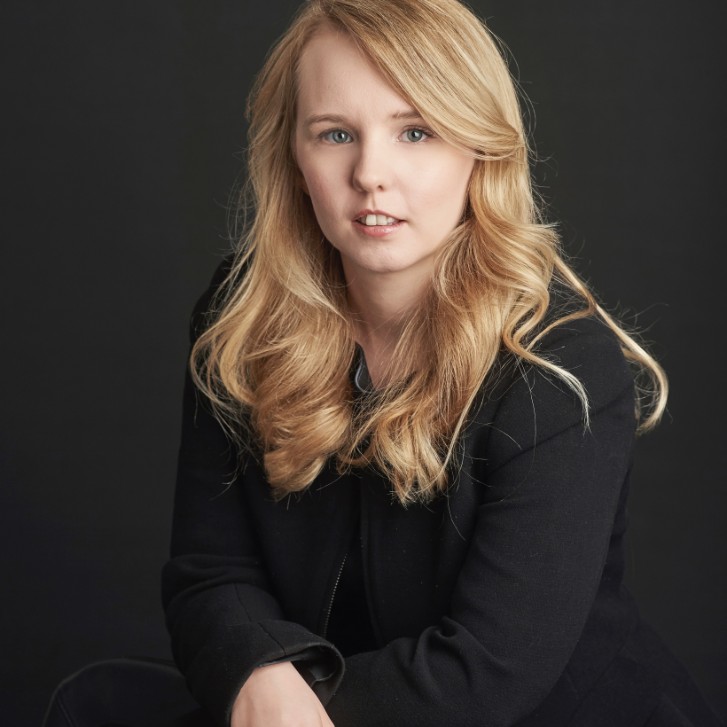5 Common Questions for Entrepreneur Visa Applicants
In this article we will attempt to address five of the most common questions we get asked about initial Tier 1 (Entrepreneur) visa applications. If you would like more detailed information about your specific circumstances, then please contact one of our immigration barristers to discuss your case in detail.
Can I invest in a business related to property?
The Immigration Rules prohibit entrepreneurs relying on investment and business activity in businesses involved in property development and property management. This is defined as ‘any development of property owned by the applicant or his business to increase the value of the property with a view to earning a return either through rent or a future sale or both, or management of property (whether or not it is owned by the applicant or his business) for the purposes of renting it out or resale. The principle is that the business income must be generated from the supply of goods and/or services, and not derived from the increased value of property or any income generated from property, such as rent.’
There is not a condition on leave to prohibit involvement in property development or property management, but you cannot rely on them to score points. This means that an Entrepreneur with multiple businesses could be involved in property, providing all the requirements of the Immigration Rules were met in relation to one or more other businesses.
The Rules do not prohibit businesses related to property, such as estate agents, property advisory services, refurbishment services or hotels. If an applicant intends to enter a property related field, they should ensure that they have a viable business plan which sets out from what service their intended profits will be derived.
2. I have just graduated, am I eligible to apply?
An entrepreneur can apply at any stage of their career; there is no minimum experience criterion which has to be met. In practice, however, the Home Office will look at a person’s educational and work background when deciding if they are a genuine entrepreneur. The Home Office need to be satisfied that you have the relevant skills and experience to run the business that you intend to run. Depending on what your course of study has been, and the work experience that you have gained before or during your studies, as well as the extra curricular activities that you have been involved in and the type of business you intend to run, you may be well placed to make a good application immediately after graduating. However, others may consider obtaining additional work experience prior to making the application.
3. Should I buy a business, join a business or start something new?
This is ultimately a matter of personal preference. The Home Office do not prescribe a set method of choosing the business. You must bear in mind, however, that if you purchase a business from a previous owner, the funds used will not count towards the spending of your investment funds. This means that you would have to have access to £200,000 in addition to the purchase cost.
When considering your future business, you need to be sure that you have the relevant skills and experience to run the company. This doesn’t mean that you have to have worked with the same product or service before, but you do need to have some level of knowledge of the field. This could be acquired through work, study or training. If you are joining an existing business you need to ensure that there is a role for you, so that you can contribute your expertise, as well as your investment funds to the development of the business.
4. What does my business plan have to say?
A business plan is a required document which must be submitted with a Tier 1 (Entrepreneur) initial application. The relevant rule states ‘The applicant must provide a business plan, setting out his proposed business activities in the UK and how he expects to make his business succeed’
Neither the immigration rules nor the guidance documents give any further information about what the plan should include.
Entrepreneurs should bear in mind that this is an important document which the Home Office will use to assess the genuineness of the intended business. This means that it should be well presented and appropriately detailed. One of the factors that the Home Office set out in the rules as being relevant is the market research for the business. There is nothing to state that this must be expressed in the business plan, but it is the logical place to include it.
5. What happens if my business doesn’t work out?
If, after you enter the UK and start your business, it does not develop the way that you had planned, the rules do allow you to start a new company or run multiple businesses. You do not need to have the same business when you apply for your extension, as when you first entered the category.
Anyone who is considering changing businesses will need to bear in mind the job creation requirements and that jobs they create must exist for 12 months.
It is also possible to switch into other categories of the Immigration Rules after you arrive in the UK, such as Tier 1 (Exceptional Talent) or Tier 2 (General). You can settle in the UK after 5 years in the UK in either of these categories and rely on the period of time that you have spent as a Tier 1 (Entrepreneur) to count towards the five year period.
Contact Our Immigration Barristers
For expert advice in relation to an application for entry clearance, further leave to remain or settlement as a Tier 1 (Entrepreneur), contact our business immigration barristers in London on 0203 617 9173 or via our enquiry form.








